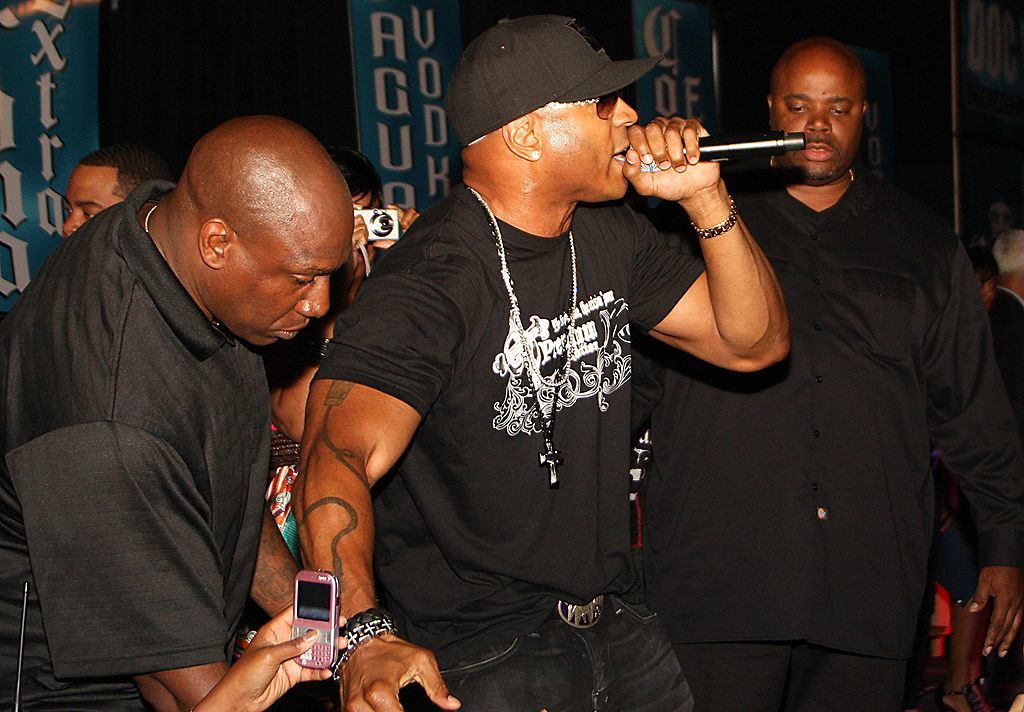The Changing Kennedy Center Honors
By • August 7, 2017 0 926

Check this out: Marian Anderson, Fred Astaire, George Balanchine, Richard Rodgers, Arthur Rubinstein.
And then: Gloria Estefan, LL Cool J, Carmen de Lavallade, Lionel Richie, Norman Lear.
You might say the Kennedy Center Honors have come a long way.
The first five names constitute the first selections, in 1978, for the Kennedy Center Honors, a much-prized lifetime achievement award bestowed on cultural icons by the John F. Kennedy Center for the Performing Arts.
That inaugural lineup included a pioneering African American singer and civil rights icon, the great movie-musical dancer from the Golden Age of Hollywood, the most influential ballet choreographer in America, a giant of Broadway musicals and a towering classical pianist.
That was in 1978.
In last week’s announcement of the 2017 honorees, you found Estefan, the gifted Cuban American singer-dancer-actor-songwriter, who plans to talk with President Donald Trump about his immigration policies at the pre-awards reception hosted by the president and the first lady.
You also found the 95-year-old television producer and creative force Norman Lear, who gave us “All in the Family,” “The Jeffersons” and “Maude,” among other pioneering and gritty shows. Lear has said he plans to boycott the White House reception but will show up for the awards. He criticized the administration for what he said were its attempts to defund the National Endowment of the Arts and the National Endowment of the Humanities.
Another highlight of the Kennedy Center Honors is the presence of hip-hop artist and actor LL Cool J, who is (1) the first hip-hop artist to be so honored and (2) the youngest honoree ever.
De Lavallade has had a remarkable 60-year career as an actor, dancer and choreographer. Pop singer Lionel Richie, who started out with the group the Commodores, has had numerous hit songs, notably “All Night Long,” “Endless Love” and “Easy.”
The KC Honors trajectory from 1978 is somewhat startling, but also seems in line with changing times and tastes. The Kennedy Center seems determined to honor the changes and change with them.
In the beginning, there were classical composers and musicians and dancers and choreographers, popular music innovators who erupted from Broadway and created the Great American Songbook, jazz greats and legendary movie stars.
Changes would come. The pioneers of folk, blues, rock and pop — as much a part of the landscape of American performing arts as their classical, jazz, Broadway and Hollywood predecessors — began to be recognized. The shift was not always popular, and sometimes steered by cultural politics.
Had Elvis lived, he would surely be there, alongside Bob Dylan (who is, after all, a Nobel laureate), Willie Nelson and B.B. King.
Under President Deborah Rutter, the Kennedy Center has taken a lively interest in newer forms of popular music, naming Q-Tip as artistic director for hip-hop culture last year.
If you range across the honorees from beginning to end, from 1978 to this year’s selection, you’ll find a remarkable tapestry of American artistry, a treasure trove of themes, genres and excellence.
In the end, in spite of the occasional controversy over the years, the Kennedy Center Honors are a celebration of the performing arts, however they are defined, and whoever might be president. No doubt there is great curiosity about what this president might have to say about the arts. But the anticipation is about the sound, the dance, the song, the achievement and, above all, the artistry of the honorees.

